Common Monsoon Diseases, Their Treatment & Prevention
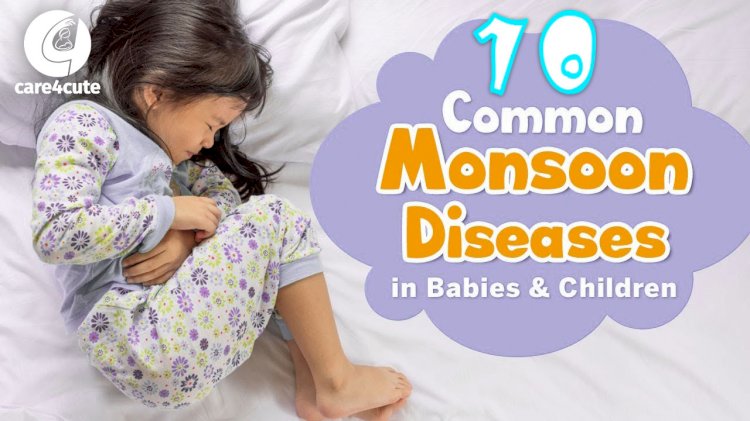
Common Monsoon Diseases, Their Treatment & Prevention
There's finally some relax from the burning heat. It's time for the colorful umbrellas, waterproof bags and raincoats to come out of the closet and enjoy the rainy season.
Monsoon is the season, with the first dashing of water, we really find ourselves refreshed and energetic during the day when the monsoon starts. We all would like to play in rain. Teen age individuals and kids are more than happy to see rain and explore the swash of rain. Different types of street foods, snacks and tasty foods are eaten by people in these days but, while enjoying the monsoon days, this picture perfect situation goes out of the window as soon as you step out.
Every rainy day, the risk of catching diseases is extremely high due to unhygienic conditions and ignoring the basic preventive measures. Many of these monsoon diseases remain undiagnosed until they progress to some serious complications. This is why early diagnosis and treatment of diseases in rainy season is very important making the difference between life and death. Here are some common monsoon diseases which are very dangerous during this monsoon season that you should be aware about. It is also advisable to understand the preventive methods of these diseases and precautions that you and your family must take as well.
Influenza (Cold and Flu):-
Common cold is one of the most commonly occurring health issues during the monsoon season in India. It is highly contagious disease due to the spread of virus in the air which involves the upper respiratory tract and thus affects the nose and the throat.
Symptoms:
- Runny or stuffy nose
- Body ache
- Throat irritation
- Soreness and fever.
It is always recommended for consulting a physician and getting the required medicines for getting cured from the infection.
Prevention:
The best way to prevent common cold is to have a healthy, balanced and nutritious diet regularly which will help the immune system of the body and improves the body resistance.
Cholera:-
Here is another most common and deadly disease that spreads during monsoon season is “cholera”. This is a bacterial disease caused by V. cholera bacteria. It is caused by contaminated food and water and also living in poor hygienic conditions.
Symptoms:
- Severe diarrhea with watery stool “rice water stools”
- Vomiting which causes fast water loss and muscle cramps.
- Severe dehydration
- Electrolyte imbalance.
A rapid dipstick test is done to determine the presence of V. cholera bacteria from stool.
Cholera requires urgent treatment because the disease can cause death within few hours. The main goal is to replace lost fluids and electrolytes using a simple rehydration therapy, oral rehydration salts (ORS). The ORS solution is available as a powder prepare with boiled or bottled water and given orally. Antibiotics are not a important part of cholera treatment.
Prevention:
Always use clean drinking water, better sanitation, and practice frequent hand washing.
Typhoid Fever:-
“Typhoid” is waterborne infection in monsoon season caused by Salmonella bacteria. This disease is also caused by ingesting food or drinking water contaminated with the faces of an infected person.
Diagnosis is made by blood test and blood or stool cultures.
Symptoms:
- Prolonged high fever
- Severe abdomen pain
- Headache
- Vomiting
Prevention:
Prevention includes strict hand hygiene practices and clean sanitation. Hepatitis A:-
Hepatitis A is a dangerous liver infection caused by the hepatitis A virus. It is a waterborne viral infection which is generally caused by contaminated drinking water or food with the stool of an infected person; it can also spread through flies.
Symptom:
- Jaundice
- Stomach pain
- Loss of appetite
- Nausea
- Fever
- Diarrhea
- Fatigue.
Blood tests are commonly used to detect the presence of hepatitis A in your blood stream.
No specific treatment available for hepatitis A. But in most cases of hepatitis A, the liver itself heals within six weeks with no major complications. Management involves Rest, treatment of nausea and loss of appetite and simple diet.
Prevention:
Practicing good hygiene, including frequent hands washing, is one of the best ways to protect against hepatitis A. Vaccines are also available for people who are most at risk.
Dengue Fever:-
Dengue fever is a disease caused by a family of viruses that are transmitted through mosquito bites. Aedes Aegypti mosquito also known as tiger mosquito, and has black and white stripes and typically bites early in the morning or at dawn. Dengue fever is also known as "break bone fever.
Symptoms:
- Severe joint and muscle pain
- Swollen lymph nodes
- Headache
- Fever
- Exhaustion
- Rashes
- Abdomen Pain
- Nausea
- Vomit
Most severe complication of dengue fever is called Dengue hemorrhagic fever (DHF). It is a specific syndrome that is known to affect children under 10 years of age. This complication of dengue fever causes hemorrhage (bleeding), and circulatory collapse (shock).
There are no specific antibiotics or antiviral medication to treat it. For typical dengue, the treatment is based on symptoms and signs. Rest and fluid intake are sufficient. Pain killer such as aspirin and NSAIDS drugs should only be taken under a doctor's supervision because of the possibility of internal bleeding complications.
Platelet counts should be monitored throughout the course of the illness. Sometimes hospitalization is needed for treatment depending upon the patient’s condition and to give fluid therapy. The tests which can be done are CBC, Dengue NS1 Antigen and Dengue IgM etc.
Prevention:
- It is a mosquito-borne disease so the prevention of dengue fever requires elimination of mosquito breeding places.
- It's transmitted via mosquitoes so you should wear an insect proof clothing to prevent getting bitten.
- Use EPA-registered mosquito repellent like DEET.
- Make sure windows and doors screens are closed to avoid allowing mosquitoes into enclosed spaces.
- People should also wear a full sleeves clothing when going out in the early morning and dawn time.
- It is very important to remember that the dengue mosquito usually bites only in the day time and breeds in clean, fresh water. So daily clean the water pots and avoid water accumulation at home and outside of your home.
Malaria:-
One of the most common monsoon-season diseases is malaria and it’s caused by certain species of mosquitoes breeding in the dirty water. Since, there is a problem of water standing during the rainy season so mosquitoes get favorable conditions to breed. This disease is mainly spread by Female Anopheles mosquito. Most deaths are caused by Plasmodium falciparum and this is the most dangerous type of malaria also known as cerebral malaria. Other forms of malaria are Plasmodium vivax, Plasmodium ovale, and Plasmodium malariae.
Malaria is mainly diagnosed by the microscopic examination of blood using blood films, or with antigen-based rapid diagnostic tests.
Symptoms:
- Fever
- Body ache
- Chills
- Sweating
- Severe exhaustion
- Headache
- Fatigue
- Muscle pain
- Nausea
- Vomit
If not treated at time, it can lead to further complications like jaundice, severe anemia or even liver and kidney failure. Malaria is treated with anti malarial medications successfully.
Prevention:
- Take an anti malarial drug as a precautionary measure in mosquito prone areas.
- Wearing full sleeve clothing to prevent mosquito bite.
- Apply topical anti repellant mosquito creams and Electronic mosquito repellent devices can be used during the monsoon season to avoid mosquito’s at home.
- Avoid Accumulation of dirty water to prevent malaria mosquito breeding.
- Insecticide-treated mosquito nets (ITNs) and indoor residual spraying (IRS) have been shown to be highly effective in preventing malaria in your area and can reduce breeding of mosquitoes also.
Viral fever:-
Any fever due to virus is termed as Viral Fever. Sudden weather change often causes viral fever. The illness is contagious and spreads through infected droplets in the air or by coming into physical contact with infected person. Normal duration of a viral fever lasts from 3 to 7 days, with the severity of the fever being the high grade in the first three days.
Symptoms:
- Fever
- Chills
- Headache
- Body Pain
- Loss of appetite
The general treatment is symptoms based. Viral disease is generally self-limiting and do not need antibiotic unless there is a secondary infection involves.
Prevention:
- Do not get wet in the rain or do not stay in wet clothes for a long time.
- Wash your hands frequently.
- Eat Vitamin C rich foods and green leafy vegetables to improve your immunity.
- Keep a distance from an infected person.
Gastroenteritis:-
Gastroenteritis and food poisoning are quite common during the monsoon season. During rainy season high humidity helps in the growth of bacterial disease.
Symptoms:
- Stomach cramps
- Nausea
- Vomiting
- Diarrhea
- Fever
- Malaise
It is very important that you keep yourself hydrated at all times and follow the diet such as fresh rice, curds, fruits like as banana, apple. Rice water or coconut water is also beneficial in dehydration. ORS is normally recommended. Treatment is mainly to prevent dehydration and control fever. Antibiotics are given after evaluation of the condition of the patient. Antiprotozoal can also be given accordingly.
Prevention:
- Eat raw food like salads after they have been washed, cleaned and stored at the right temperature.
- Avoid street food which may be made in contaminated water and trigger diarrhea.
Prevention against Monsoon Disease
Some tips to ensure that monsoons become an enjoyable experience without harm to health.
- You must drink clean water or boiled water or water from purifiers.
- Wash your hand towels every day.
- You should cover your mouth and nose with a handkerchief or tissue while coughing or sneezing and then immediately discard in nearby dustbin.
- Use mosquito repellents and nets.
- You should keep your wet and soggy clothes or shoes away from dry cloths.
- Avoid eating outside and eat only fresh food as possible.
- Drink warm water every two hours and carry home-boiled water with you while travelling.
- Avoid visiting large gathering places.
- Use hand sanitizers while travelling.
- Cover your nose and mouth while riding on a bike or while seated next to the window in a car, bus or train.
- Avoid getting wet for long time in the rain.
Always Remember:
Avoid self-medication with antibiotics.









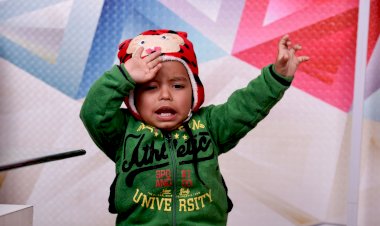
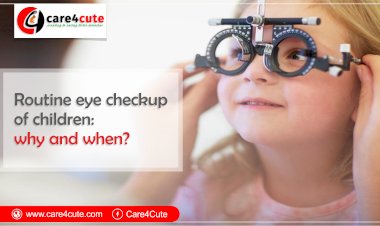














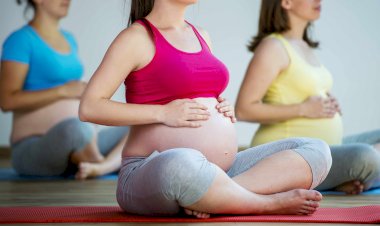
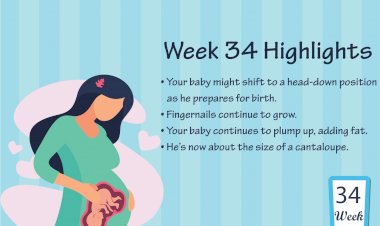



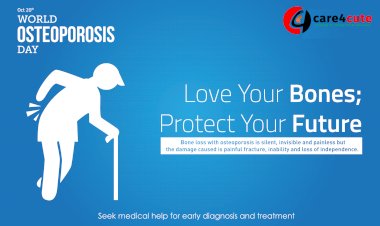
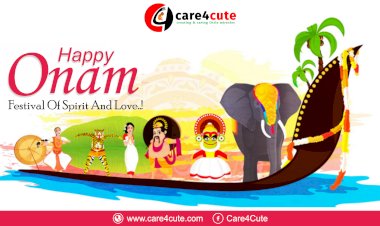
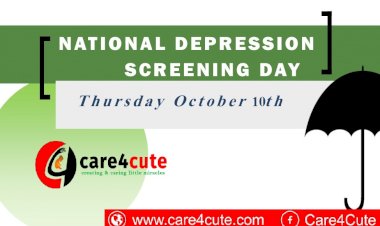
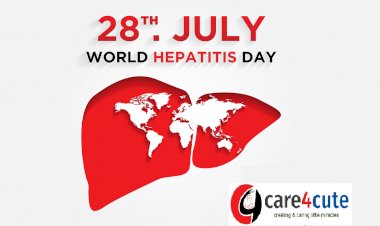

Comments (0)